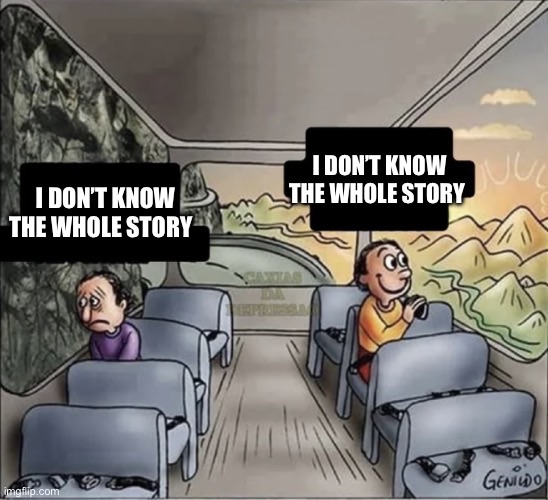I am laying prone in bed hopped up on DayQuil and the good codeine cough medication. I have Covid and apparently this bout will be no picnic.
Being sick can feel vulnerable. I imagine to most eyes I am economically and socially unproductive in this condition. I am not able to labor.
When I am sick I am grateful I get to be capital. I feel capitalism should appeal anyone with a disability (as I do) simply because comparative advantage allows us to exist without being at of the mercy of the state. Illness being disabling doesn’t mean low productivity.
My ability to be capital relies on the comparative advantage of specializing in startup kinda of startups. Practically it means I got to play a part in helping further the labor of others looking build a company.
Today was a big day on that front for me. One of my investments (humble brag I was their first commitment) Squads announced their Series A today.
They have come a long way since when I wrote about them on day 301 to where they are today on day 1257. A lot happened between fall of 2021 and Summer 2024. Now they are the market leading multi-sig wallet on Solana thanks to their Squads protocol.
They began with a vision of DAO tooling and ended up simply dominating code Solana primitives. They are doing the work of developing smart account technology and products that make it easier for businesses and individuals to securely manage and own digital assets. And they continue to make crucial tooling like Fuse.
For all the mania of meme coins and tokens, we can forget it’s real companies making real infrastructure.
These things have to be built for grander vision to exist in crypto and Squads has clearly been the team to do it. They have worked relentlessly shipping tools people want to use and build with.
When first met their CEO Stepan in Twitter DMs I had the privilege of seeing their early days upfront. There was never a moment that they were not listening to the market and adapting. I spent much of the summer of 2021 on DAOs because of their influence.
Everyone on the team practically wanted to do the work of building out what was needed for us to transact and govern in a trustless environment as individuals and as groups. I was inspired by their commitment to execution.
I am just a small part of their journey. But being able to provide the kind of specialized capital that could understand what they wanted to build from the start is a huge source of pride for me. Without early stage oddity investors like me it would take just a little longer for the entrepreneurs like Stepan, Deni and Sean to get to market. And the market deserves a company like Squads. Their hard labor built something of value.





